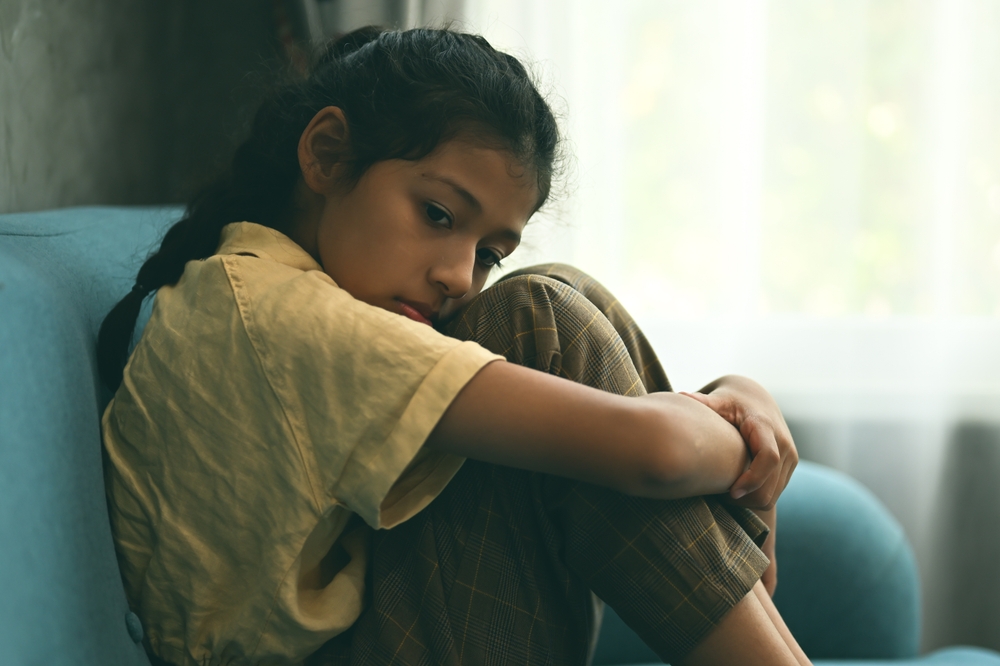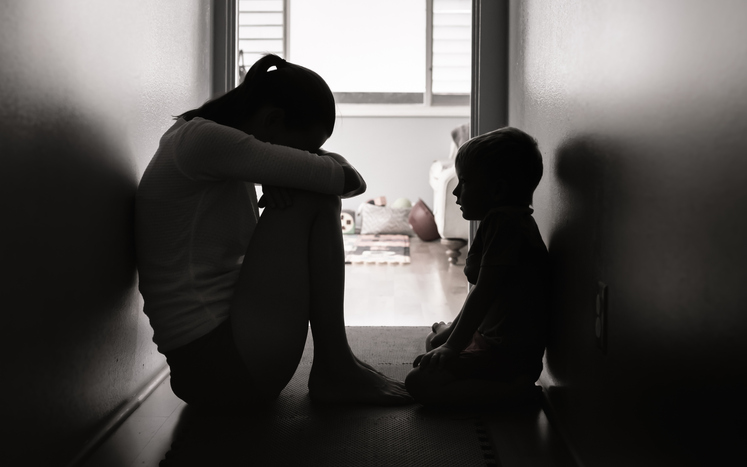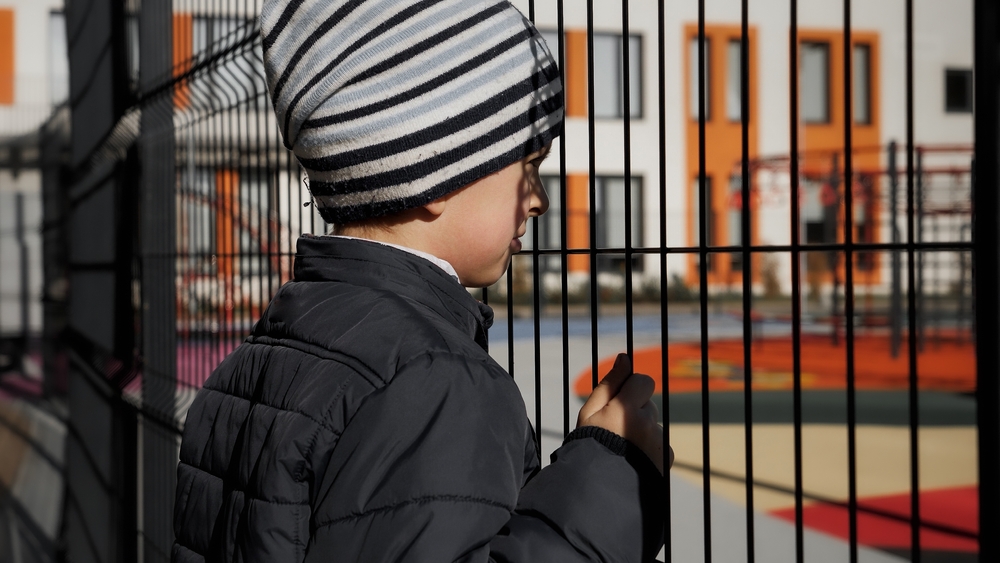Growing up with a narcissistic parent isn’t just challenging—it fundamentally rewires a child’s understanding of love, self-worth, and relationships. While other kids are learning about healthy boundaries and unconditional love, these children are getting very different life lessons. Here are the disturbing things they learn far too young, often carrying these beliefs well into adulthood.
1. Their Feelings Don’t Matter (Unless They’re Useful)

If they’re happy about something their parent approves of, their joy is celebrated and even shown off to others. But the moment their feelings become inconvenient—when they’re hurt by their parent’s behavior, scared of their parent’s anger, or sad about something their parent finds trivial—they’re told they’re being “too sensitive” or “dramatic.” They quickly learn to gauge their parent’s mood before deciding if they’re allowed to feel anything at all.
2. Love Is Always Conditional

These kids learn that being loved means being perfect, achieving the right things, or making their parents look good to others. One day they’re the “golden child” because they won a school award, and the next they’re ignored because their parent is upset about something completely unrelated. They internalize the message that love must be earned through performance, appearance, or compliance, and that it can be withdrawn at any moment.
3. Their Privacy Is a Privilege (That They Don’t Deserve)

From an early age, these children learn that nothing is truly their own—not their thoughts, their possessions, or even their personal space. Their parent might read their diary “out of concern,” go through their phone “because I have a right to know,” or share their private struggles with others without permission. Closed doors are seen as acts of defiance, and any attempt to maintain privacy is met with accusations of being secretive or disrespectful. These kids grow up understanding that their boundaries aren’t just unimportant—they’re viewed as personal attacks on their parents.
4. They’re Responsible for Their Parent’s Emotions

One of the most damaging early lessons these kids learn is that they’re somehow in charge of managing their parent’s emotional state. If mom is having a bad day, it becomes their job to cheer her up. If dad is angry, they learn it must be because they did something wrong. This inappropriate role reversal teaches them to be hypervigilant about others’ emotions while disconnecting from their own. By the time they’re in grade school, they’re already skilled emotional caretakers, carrying the weight of their parent’s psychological well-being on their small shoulders.
5. They Can Never Be Sure of Their Reality

When a child remembers being yelled at unfairly, they’re told “That never happened” or “You’re making things up again.” If they recall a promise their parent made, they’re informed they “must have misunderstood” or are “too young to remember correctly.” This constant gaslighting creates a deep sense of uncertainty about their own experiences. By the time they’re teenagers, they’ve learned to second-guess everything—their memories, their feelings, and their understanding of events.
6. Apologies Are About Power, Not Remorse

They discover that saying “I’m sorry” isn’t about genuine remorse or making amends—it’s about power dynamics. When they’re forced to apologize for things that weren’t their fault, or when they watch their parent refuse to apologize for clear wrongdoing, they learn that apologies are tools of control rather than healing. This teaches them that accountability is a one-way street and that vulnerability in admitting mistakes is a weakness rather than a strength.
7. Attention and Love Are Not the Same Thing

In what becomes a painful early lesson, these kids learn to distinguish between attention and genuine love—because in their household, they rarely experience both together. They might receive lots of attention when they’re serving their parent’s needs or fitting their parent’s image, but they sense that this spotlight isn’t really about them. They learn that attention might come in the form of being showcased at family events, being praised for achievements, or even being criticized and berated—but none of it feels like real love.
8. Their Worth Is Tied to Their Usefulness

Whether it’s getting good grades to make their parent look good, being physically attractive enough to post on social media, or achieving in ways that feed their parent’s ego, they learn that they’re only as valuable as their last useful act. They internalize the message that rest, play, or simply being themselves isn’t enough—they must constantly be producing, achieving, or performing to deserve space in the world.
9. Help Is Always a Trap

When their narcissistic parent helps with homework, it becomes ammunition for future guilt trips. When they receive gifts, they know they’ll be paying for them emotionally later with interest. Even basic parental duties like providing food or shelter are often held over their heads as evidence of their eternal indebtedness. This teaches them that no gesture is truly generous, no help is truly free, and accepting support means making yourself vulnerable to manipulation. By their teenage years, many would rather struggle alone than risk the emotional debt that comes with accepting help from others.
10. Their Success Can Be Dangerous

They discover they have to carefully modulate their accomplishments—successful enough to avoid criticism but not so successful that they overshadow their parent. A child who receives more attention than their parent at a family gathering might find themselves mysteriously uninvited to the next one. A teenager whose new skill makes their parent feel insecure might be subtly discouraged or actively sabotaged. They learn to dim their light and downplay their achievements.
11. Vulnerability Is Ammunition

When they share their fears, they might later hear them mocked at family gatherings. When they admit their insecurities, these become their parent’s favorite targets during arguments. Their private struggles become public stories, their confidences become casual conversation topics, and their tender spots become tools for control. This teaches them to build walls around their hearts so high and thick that even they sometimes can’t find their way back in.
12. They’re Either a Problem or a Solution

These children quickly learn that they exist in their parent’s world as either a source of problems or a source of solutions—never just as a person deserving of unconditional love and acceptance. When they’re solving their parent’s problems—emotionally supporting them, making them look good to others, achieving in ways that feed their ego—they’re valued. But the moment they have needs of their own, express disagreement, or fail to serve their assigned purpose, they become “the problem.”
13. Their Story Isn’t Their Own

Perhaps one of the most insidious lessons these children learn is that they don’t have the right to their own narrative. Their experiences, memories, and feelings are constantly being rewritten to fit their parent’s version of events. Happy memories might be tainted by their parents’ revisionist history or their struggles might be minimized or exaggerated depending on what serves the parents’ stories.








